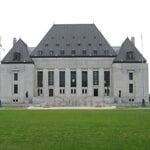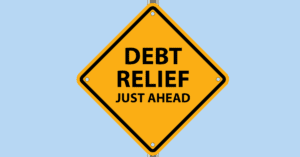Do I have to attend Court?
When you file for bankruptcy in Ontario you can avoid going to court providing that you complete all of your duties that your trustee assigns to you, those duties include:
- Make the payments to your trustee
- You must attend two debt counselling sessions in the time required (the 1st counseling session has to be done within 60 days of filing and the 2nd counselling session within 210 days of filing but more than 30 days after the first counselling session
- You must provide the trustee with all of the required information to file your income taxes for the year of your bankruptcy
- Every month while you are bankrupt, you must provide your trustee with income & expense statements and include your pay stubs or other proof of income.
- You must pay the required surplus payments to your trustee
Also in a bankruptcy in Ontario you will have to go to court if:
- a creditor opposes your discharge
- if you have tax debts over $250,000 or representing 75% of your total debt
- if your debts were the result of gambling addiction or other addiction
- if the duties are not completed
When you go, it is then up to the Court to decide: they could suspend your discharge (extend it) and order you to pay off a portion or all of your debt. If you go to court because duties were not complete you will not get your discharge until you have completed all of the duties.
A good way to avoid court would be to file a consumer proposal in Ontario. In a consumer proposal you can avoid court all together as long as your creditors and the court agree to your consumer proposal.
Contact Rumanek & Company Ltd. for more information on bankruptcy in Ontario and debt solutions. Please fill out the bankruptcy evaluation form. To learn more please visit our YouTube Channel. Rumanek & Company have been helping individuals and families overcome bankruptcy in Ontario and debt for more than 25 years.





